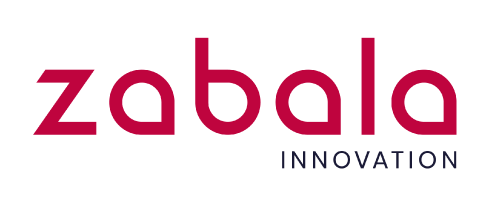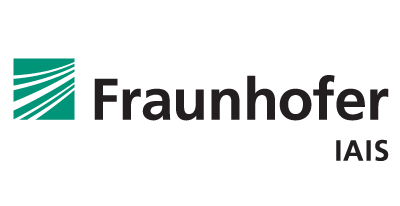Context
Every day and nearly all the time, citizens transmit data to their various counterparts and business partners as customers, users, participants, applicants or even as patients. The European Commission’s reports evidence massive data breaches and the mishandling of personal data by large online platforms.
The General Data Protection Regulation (GDPR) applies since 25 May 2018. Specifically, Article 20 has the purpose of making it significantly easier for citizens to have any data which is stored with one service provider transmitted directly to another provider. This means that providers of data processing services must adopt interoperable formats that enable data portability as soon as possible.
A standard operating procedure which is clear, feasible and predictable seems to provide good protection. However, it is still unclear how this theoretically plausible portability will be implemented. In this uncertain and underdeveloped path, advanced research is needed to set the principles to allow the implementation of Data Portability solutions and give the concerned persons better control over their personal data.
Data Portability and Services Incubator
Under the European Commission’s Next Generation Internet (NGI) initiative, the Data Portability and Services Incubator (DAPSI) was launched in November 2019, to empower top internet innovators to develop human-centric technology solutions addressing the challenge of personal data portability on the internet as foreseen under the GDPR.
DAPSI will support up to 50 teams that will research and apply advancement to relevant uses cases through a 9-month programme. Experts in diverse fields will provide a successful working methodology, access to top infrastructure, training in business and data related topics, coaching, mentoring, visibility and community building. On top of that, each DAPSI team will receive up to €150k€ equity-free funding, distributing a total amount of €5.6M€ through three open calls.
In the first phase of the DAPSI programme, the participants will define and develop a prototype of the use case in a specific Data Portability sub domain, attend training sessions, pitch and access top infrastructures, with coaching support. The best teams will progress to the phase 2 where the use cases will be fostered to evolve into solid projects to gain enough traction for deployment and readiness for the market.
DAPSI has received funding from the European Union’s H2020 research and innovation programme under Grant Agreement no 871498
Consortium
The consortium is formed by six organisations from five different European countries (Spain, France, Germany, Italy and Ireland), strategically selected due to their expertise.
Advisory Board
The DAPSI Advisory Board is a valued group of experts who will meet regularly with the DAPSI consortium throughout the project. They will provide strategic, technical, ethical and legal guidance, input and feedback on the DAPSI technology roadmap, advise on links with relevant interest groups outside DAPSI, propose and encourage the potential interactions of the project with other projects, initiatives and activities.
DAPSI Advisory Board Members:













